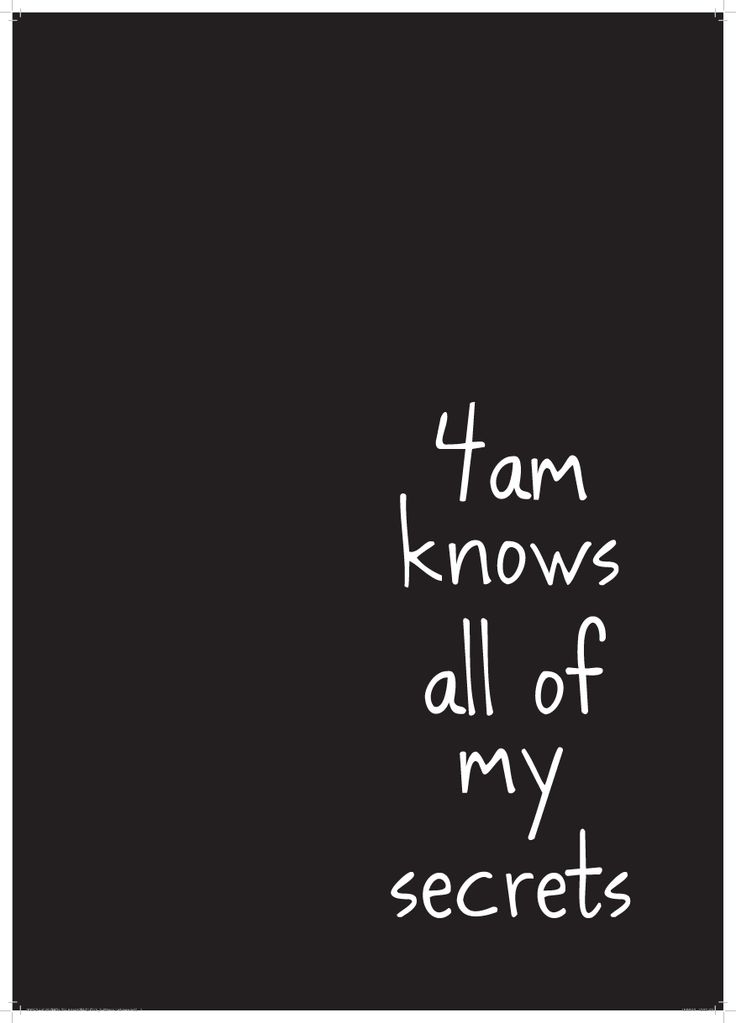
Sleep-talkingĪs the name suggests, sleep-talking (or somniloquy) is a parasomnia that involves talking in your sleep-though this talking can range from moans and nonsensical words to monologues and conversations. And to reduce frequent sleepwalking, sometimes doctors prescribe medications such as benzodiazepines, which reduce the brain’s activity in a way that may prevent wandering around while you sleep. They can help you evaluate factors that might be contributing to your sleepwalking by causing partial arousals.

But if your sleepwalking unnerves you or is possibly putting you or others in danger, talk to your doctor. Occasional sleepwalking doesn’t typically need to be treated, the Mayo Clinic says. These meds appear to bind to receptors in the brain that may allow someone to move around more than usual while staying asleep, he explains. However, it’s worth noting that in rare cases, medications like sedative hypnotics that are regularly used to treat insomnia can cause longer, more sophisticated episodes of sleepwalking that can even include activities like driving, says Dr.

Most sleepwalking episodes are short and not a big deal. It is unclear exactly why people sleepwalk, but some researchers believe that it’s actually a form of disassociation where the sleepwalker cycles between states of being asleep and awake very quickly. That means that a simple, “Hey, why don’t you go back to bed?” with a very gentle nudge might do the trick. “Sleepwalkers also tend to be suggestible,” Dr. Mindel explains, such as ambling through the house or rummaging through a closet. This means that the behavior sleepwalkers exhibit tends to be pretty basic, as Dr. When a person sleepwalks, some parts of the brain that manage higher-level functions (à la memory or planning) like the cerebrum and cerebral cortex appear to remain offline. Just as with confusional arousals, sleepwalking happens during those partial arousals when some areas of your brain are awake while others are not. This NREM parasomnia, also called somnambulism, typically involves getting up and stumbling around while you’re still asleep.

You can talk to your doctor for more guidance.
#AT NIGHT I THINK OF YOU FULL#
But if they are recurring and bothering you, lifestyle changes that include cutting back on alcohol, treating any other underlying sleep disorder, and trying to regularly get a full night’s rest may help you avoid future episodes. You probably won’t even remember them and may only know about them because a partner clues you into their occurrence. And rebounding from sleep deprivation can trigger these episodes, because after a lack of sleep you spend more time in the restorative NREM slow-wave sleep stages linked with these parasomnias, Vsevolod Y Polotsky, M.D., Ph.D., a professor of medicine at the Johns Hopkins University School of Medicine, tells SELF.Ĭonfusional arousals usually aren’t harmful. Lifestyle factors that may interrupt your sleep, such as alcohol use, can also contribute. Since confusional arousals tend to happen when something wakes you up, risk factors include things like dealing with a lot of loud noises when you sleep, along with disorders like sleep apnea, which can cause you to wake up because you stop breathing while asleep. Hence symptoms like being confused and talking about things that make absolutely zero sense. So, when you wake up during slow-wave sleep, your mental capabilities are pretty significantly decreased, and it can take up to 30 minutes for full cognitive functioning to return, according to the American Sleep Association (ASA). While experts don’t know for sure what happens in the brain during slow-wave sleep, it’s thought to help the brain recover from the day.

This is sometimes called sleep drunkenness, but it’s less fun than it sounds.Ĭonfusional arousals usually happen when something wakes you up during the first third of the night, when you’re engaging in NREM stages of rest that are sometimes called slow-wave sleep, according to the AASM. If you wake up feeling disoriented or acting strangely (read: you’re speaking slowly or are answering questions weirdly), you could be experiencing a confusional arousal. How do you know if what you might think of as a quirky sleep habit is actually a parasomnia? Here’s a look at nine parasomnias-and what to do if you experience them. In general, having the occasional parasomnia is typically harmless, according to the AASM, but a few-namely some REM parasomnias-can be more concerning for various reasons.


 0 kommentar(er)
0 kommentar(er)
